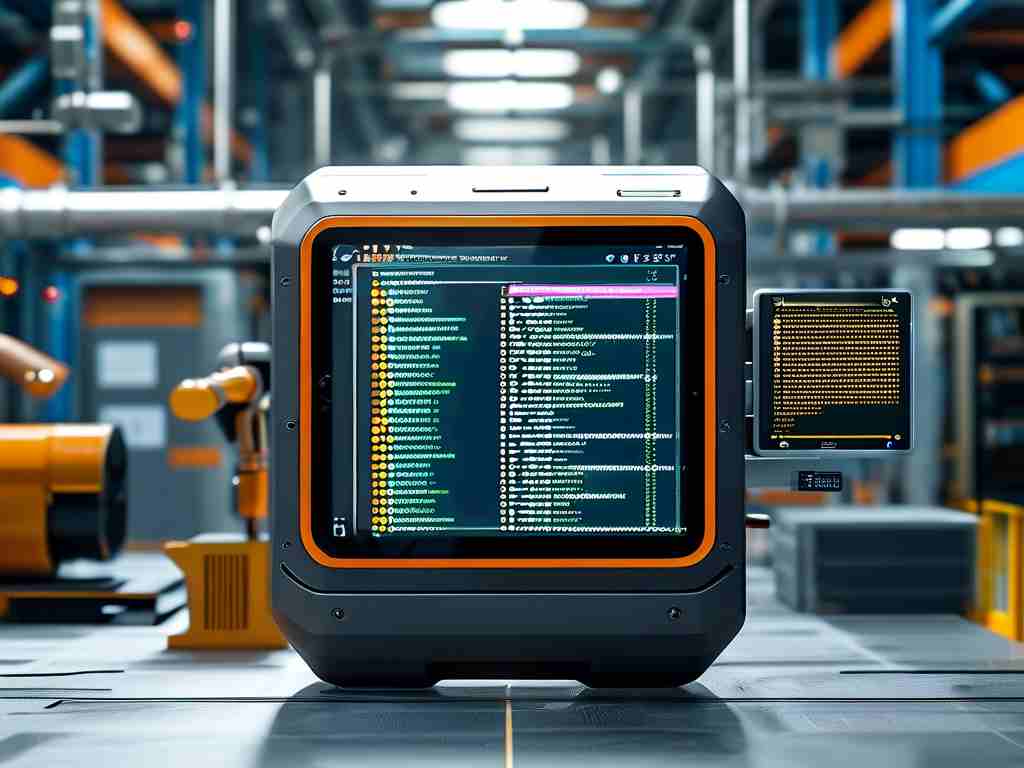Mastering C database development represents a crucial skill for software engineers aiming to build high-performance, low-level applications. This expertise involves leveraging C's raw power to interact with databases efficiently, enabling direct control over memory, speed, and system resources. Unlike higher-level languages, C requires meticulous handling of pointers and manual memory management, which can be daunting but offers unparalleled optimization for database operations. For instance, developers often use libraries like SQLite's C API or ODBC to establish connections, execute queries, and retrieve results without the overhead of garbage collection. This approach is vital in embedded systems, real-time applications, and scenarios where every millisecond counts, such as financial trading platforms or IoT devices processing sensor data.

To excel in this domain, start with foundational concepts like database connectivity. In C, connecting to a database typically involves initializing a handle, setting up parameters, and opening a session. Here's a simple code snippet using SQLite in C to demonstrate:
#include <sqlite3.h>
#include <stdio.h>
int main() {
sqlite3 *db;
char *err_msg = 0;
int rc = sqlite3_open("test.db", &db); // Open database file
if (rc != SQLITE_OK) {
fprintf(stderr, "Cannot open database: %s\n", sqlite3_errmsg(db));
sqlite3_close(db);
return 1;
}
const char *sql = "CREATE TABLE IF NOT EXISTS Users(ID INT, Name TEXT);";
rc = sqlite3_exec(db, sql, 0, 0, &err_msg); // Execute SQL command
if (rc != SQLITE_OK) {
fprintf(stderr, "SQL error: %s\n", err_msg);
sqlite3_free(err_msg);
}
sqlite3_close(db); // Close connection
return 0;
}
This example highlights the core steps: opening a database, executing a SQL statement to create a table, and handling potential errors. Notice how error checking is essential in C, as uncaught issues can lead to crashes or data corruption. Beyond basics, mastering C database development demands proficiency in query optimization. For example, using prepared statements with sqlite3_prepare_v2 reduces parsing overhead for repeated queries, significantly boosting speed in high-traffic systems. Developers must also manage transactions explicitly to ensure data integrity, employing commands like BEGIN TRANSACTION and COMMIT to group operations atomically.
Error handling deserves special attention in C, as databases often return codes that require interpretation. Robust code includes logging mechanisms and fallback strategies, such as retrying connections or rolling back transactions on failures. Memory leaks are a common pitfall; always free allocated resources like result sets or error messages using functions like sqlite3_free. Additionally, consider security aspects like SQL injection—using parameterized queries instead of string concatenation prevents vulnerabilities, as shown in snippets with sqlite3_bind_* functions.
Advanced topics include integrating with different database systems. While SQLite is lightweight, working with MySQL or PostgreSQL via C APIs involves additional libraries and configuration. For instance, linking against libmysqlclient requires handling connection pools and result fetching with mysql_store_result. Performance tuning is another key area: analyze execution plans, index strategies, and buffer sizes to minimize latency. Real-world projects, such as building a custom database engine or optimizing legacy systems, provide invaluable hands-on experience.
To achieve mastery, immerse yourself in practical exercises. Start with small projects, like a contact manager app, then scale to complex ones involving concurrent access or distributed databases. Resources like "The C Programming Language" book and online tutorials on SQLite documentation are excellent starting points. Join communities like GitHub forums to share code and troubleshoot issues. Ultimately, persistence and iterative testing—running benchmarks and profiling code—will hone your skills, turning theoretical knowledge into reliable, production-ready solutions. Embrace challenges, and soon you'll navigate C database development with confidence, creating efficient, scalable applications that stand the test of time.









